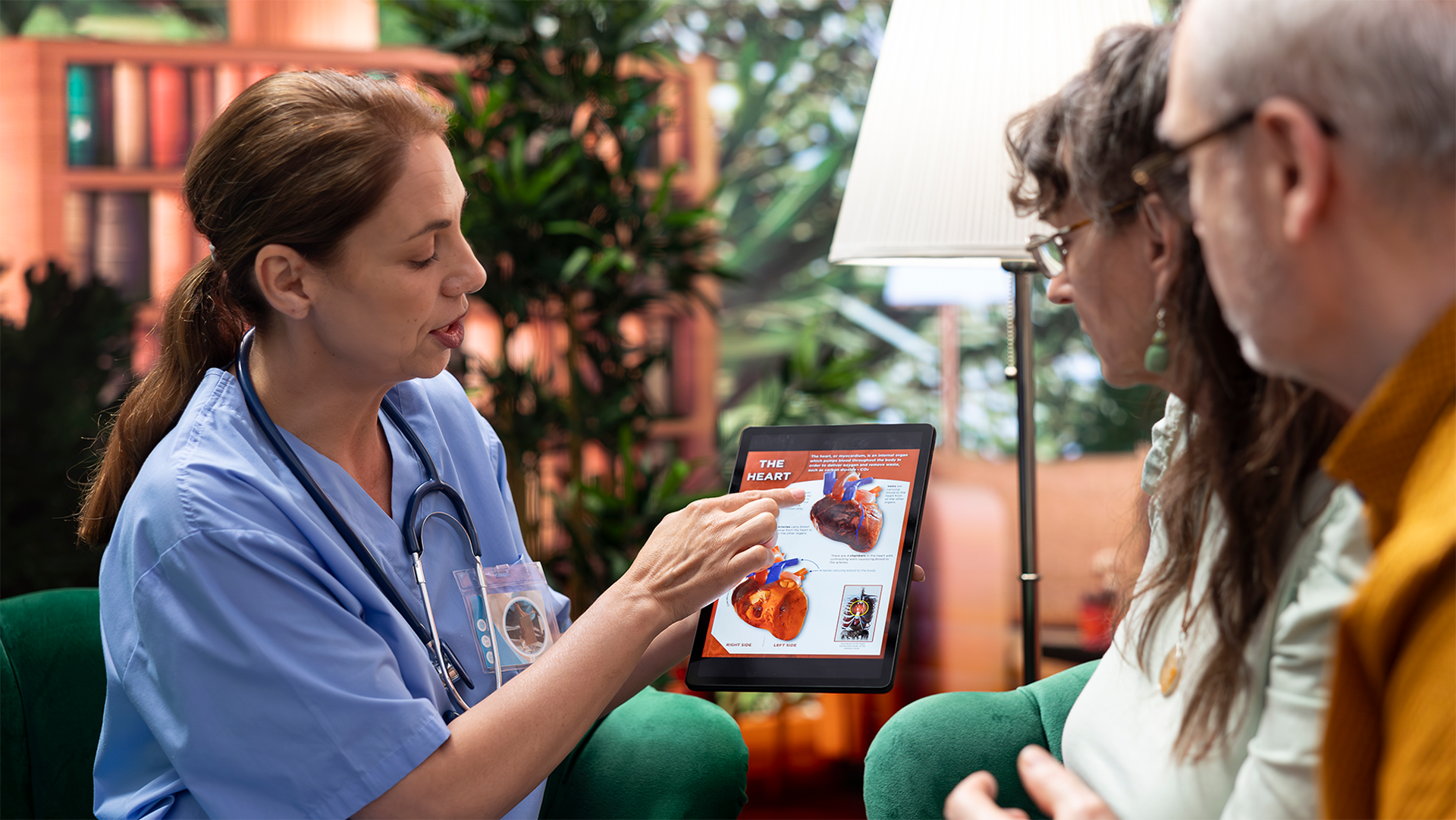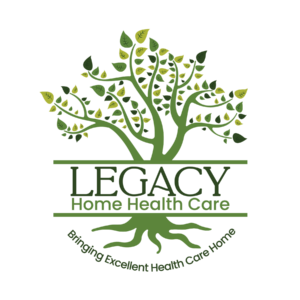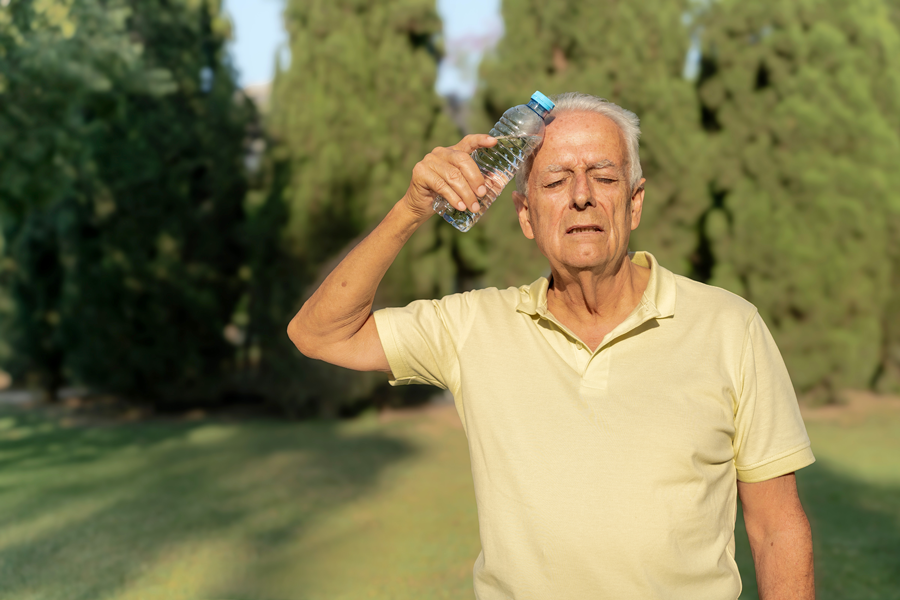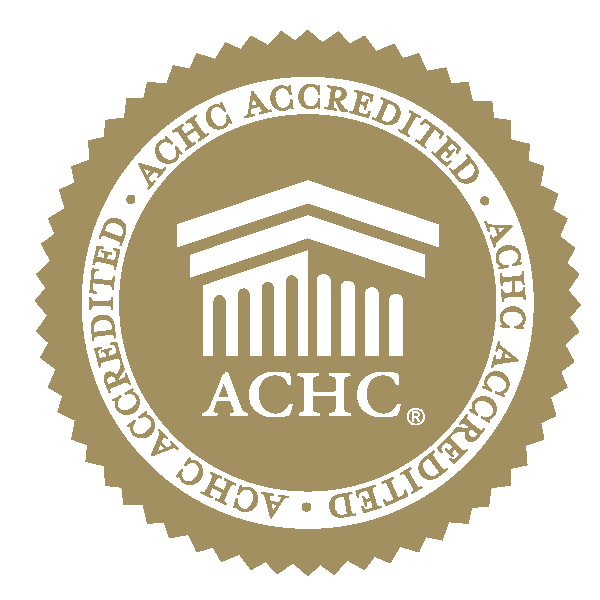Last year has been noted as the hottest year on record—and in the United States, extreme heat became the deadliest weather-related hazard, claiming more lives than hurricanes, tornadoes, and earthquakes combined. As we head into another potentially dangerous summer, it’s essential to recognize that older adults are among the most vulnerable to heat-related illnesses.
At Legacy Home Health Care, we’re committed to helping seniors live safe, independent lives at home. That includes education and support during extreme weather events—especially heat waves that can silently put health at serious risk.
Why Are Older Adults More at Risk?
People aged 65 and up account for the majority of heat-related hospitalizations. As we age, the body’s ability to regulate temperature declines. Chronic health conditions, limited mobility, and certain prescription medications (such as diuretics and beta blockers) can impair the body’s ability to stay hydrated or release heat through sweating. This makes it harder to respond to rising temperatures.
Additionally, older adults may have a reduced sense of thirst, which means they may not realize when they’re becoming dehydrated—one of the first warning signs of heat-related illness.
Understanding Heat Exhaustion and Heat Stroke
Heat-related illnesses exist on a spectrum, and early intervention can be lifesaving. The two most dangerous forms are heat exhaustion and heat stroke.
⚠️ Signs of Heat Exhaustion:
- Heavy sweating
- Cool, pale, clammy skin
- Dizziness or fainting
- Rapid, weak pulse
- Nausea or headache
✅ What to do:
- Move to a cool, shaded area or indoors with air conditioning
- Apply cool compresses or take a cool shower
- Sip water slowly (if fully conscious)
- Rest and monitor symptoms closely
🚨 Signs of Heat Stroke (Medical Emergency):
- Confusion or disorientation
- No sweating despite heat
- Fainting or seizures
- Hot, dry skin
- Sudden change in behavior or inability to concentrate
✅ What to do:
- Call 911 immediately
- Move the person to a cooler place
- Use ice packs or a cool washcloth under the neck, arms, and thighs
- Stay with them until help arrives
- Offer water only if they are fully conscious
Special Considerations for Older Adults
The warning signs of heat stroke in seniors can be subtle. In addition to the symptoms above, watch for:
- Sudden confusion or behavioral changes
- Trouble concentrating
- Unusual fatigue
- Lack of sweating, even when it’s hot
If you notice these symptoms in a loved one—or yourself—take immediate action.
Tips for Preventing Heat-Related Illness
✔️ Stay hydrated: Drink water regularly, even if you’re not thirsty
✔️ Avoid peak heat: Limit outdoor activity between 10 AM and 4 PM
✔️ Dress appropriately: Light, breathable clothing and wide-brimmed hats
✔️ Keep cool indoors: Use air conditioning or fans; visit public cooling centers if needed
✔️ Check medications: Talk to your doctor or pharmacist about side effects related to heat
✔️ Check in daily: Caregivers and loved ones should check on seniors during heat waves
We’re Here to Help
Legacy Home Health Care is dedicated to keeping seniors healthy, safe, and supported—no matter the weather. If you or a loved one needs help managing daily care or understanding health risks during extreme temperatures, our team is here with the resources and care you need.
Let’s beat the heat—together.
👉 Contact us today to learn how Legacy can support you this summer.
C – Communicate Clearly
Clear communication closes the gap between medical instructions and daily routines.
For patients:
- Repeat back instructions in your own words: “So I take this pill with breakfast, not before bed, correct?”
- Ask for written handouts or large-print versions if needed.
- Let providers know about hearing, vision, or memory challenges that could make following directions harder.
For caregivers:
- Double-check that instructions are understood.
- Use calendars, pill organizers, or reminder apps to simplify routines.
- Share updates with doctors if something changes—like new side effects or difficulties with daily activities.
